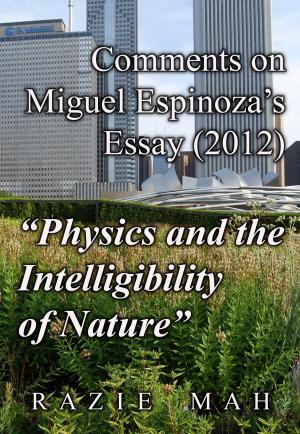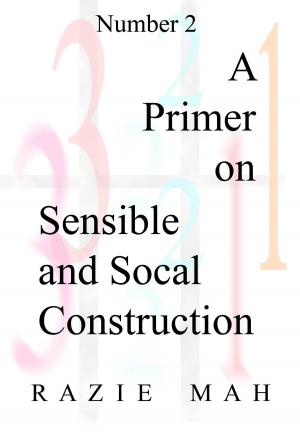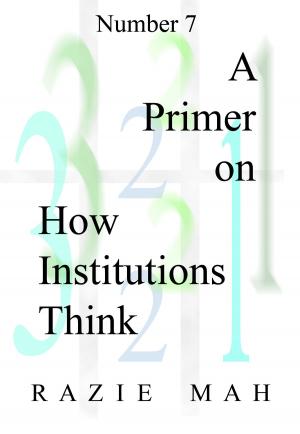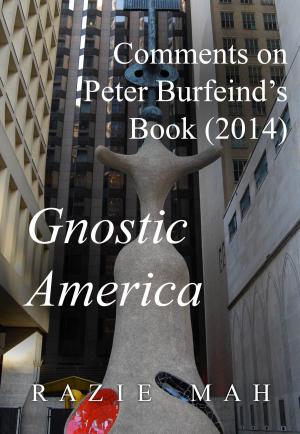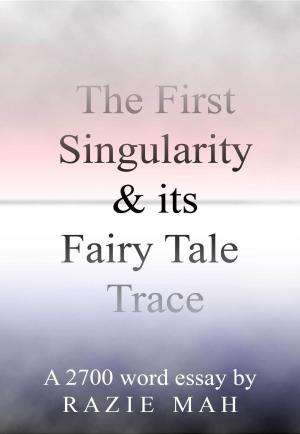Comments on Stephen Greenblatt’s Book (2017) The Rise and Fall of Adam and Eve
Nonfiction, Religion & Spirituality, Bible & Bible Studies, Meditations, Philosophy, Religious| Author: | Razie Mah | ISBN: | 9781942824404 |
| Publisher: | Razie Mah | Publication: | November 21, 2017 |
| Imprint: | Smashwords Edition | Language: | English |
| Author: | Razie Mah |
| ISBN: | 9781942824404 |
| Publisher: | Razie Mah |
| Publication: | November 21, 2017 |
| Imprint: | Smashwords Edition |
| Language: | English |
These comments examine a roughly hewn history of the Biblical stories of Adam and Eve. Greenblatt is both a modernist and postmodernist. He reduces complex phenomena. He expresses grievance for politically favored identities.
For example, he reduces the existence of the early Genesis text to an innate human compulsion towards stories with nonsensical components, such as fairy tales. Similarly, he grieves for the way Eve was used to justify “murder” by early and medieval Christians.
This is standard fare in today’s literature on this topic.
Leavened with these comments, however, Greenblatt’s account is no longer standard. Instead, the entire work stands as an unwitting testimony to a larger, more comprehensive history. Open the comments and see.
Greenblatt’s prologue indicates that, during his teenage years, he “dies” to his parent’s cultural cognitive space. No wonder he ends up sitting in an endowed chair as a Professor of Humanities at Harvard. He is “born again” to Big Government Liberalism.
Indeed, his mission is to announce the demise of his parent’s cultural cognitive space. This is required by BGL. However, in the epilogue, he glances longingly back to the stories of Adam and Eve. They provide something that a scientific account of human evolution cannot: meaning.
Greenblatt never imaginatively enters the stories of Adam and Eve. He writes of those who do. Yet, in the very construction of his work, he re-enacts Saint Paul’s vision. Through Adam, paradise is lost. Through Christ, heaven is gained.
These comments examine a roughly hewn history of the Biblical stories of Adam and Eve. Greenblatt is both a modernist and postmodernist. He reduces complex phenomena. He expresses grievance for politically favored identities.
For example, he reduces the existence of the early Genesis text to an innate human compulsion towards stories with nonsensical components, such as fairy tales. Similarly, he grieves for the way Eve was used to justify “murder” by early and medieval Christians.
This is standard fare in today’s literature on this topic.
Leavened with these comments, however, Greenblatt’s account is no longer standard. Instead, the entire work stands as an unwitting testimony to a larger, more comprehensive history. Open the comments and see.
Greenblatt’s prologue indicates that, during his teenage years, he “dies” to his parent’s cultural cognitive space. No wonder he ends up sitting in an endowed chair as a Professor of Humanities at Harvard. He is “born again” to Big Government Liberalism.
Indeed, his mission is to announce the demise of his parent’s cultural cognitive space. This is required by BGL. However, in the epilogue, he glances longingly back to the stories of Adam and Eve. They provide something that a scientific account of human evolution cannot: meaning.
Greenblatt never imaginatively enters the stories of Adam and Eve. He writes of those who do. Yet, in the very construction of his work, he re-enacts Saint Paul’s vision. Through Adam, paradise is lost. Through Christ, heaven is gained.


